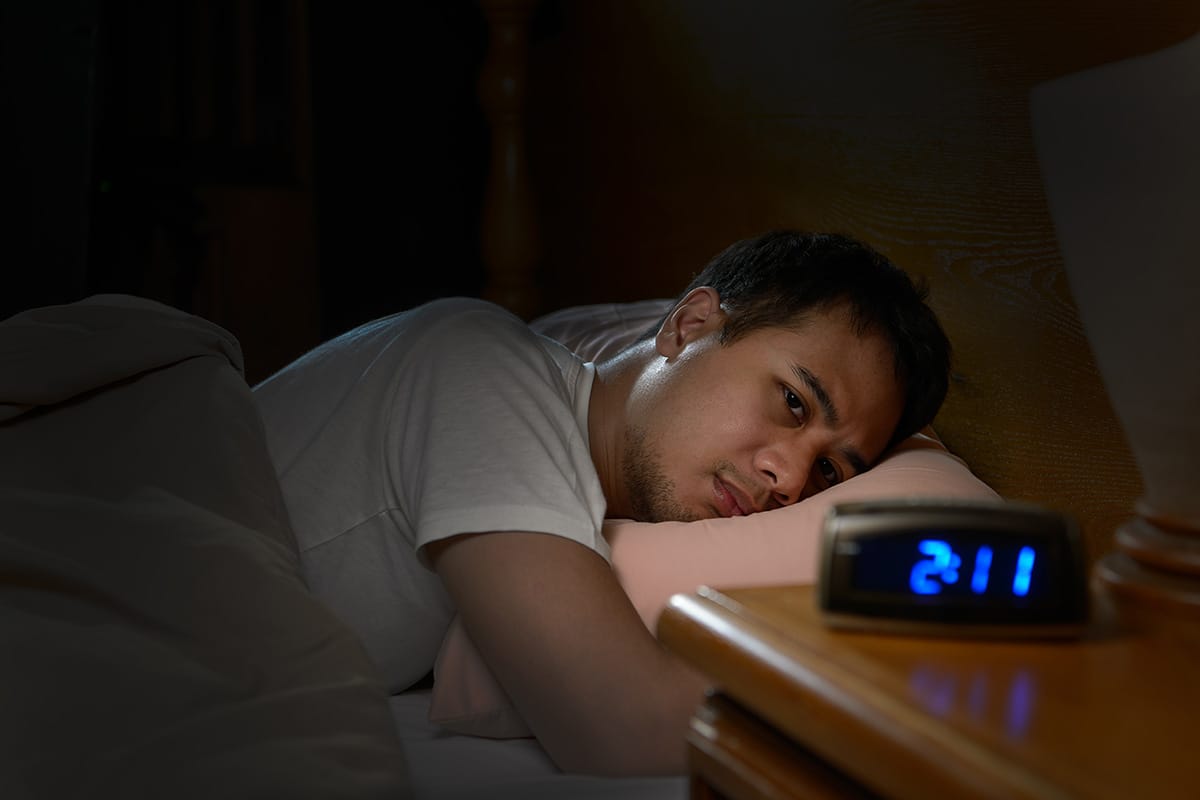Mental health concerns can make it difficult to get a good night’s sleep. This can be a vicious cycle, as poor sleep can worsen mental health symptoms. However, balancing sleep and mental health is possible with a few lifestyle changes. Explore some tips that can make a big difference to your sleep cycle, helping you achieve and maintain better mental health.
The Connection Between Sleep & Mental Health
Experts agree that adults need seven to nine hours of sleep per night, while teens need between eight to 10 hours. Because their bodies and brains are still growing and developing, it’s essential that they receive the extra rest for recharging, or they may burn out.
Studies show that getting enough sleep can help improve mood, reduce stress, and promote healthy mental development. Poor sleep, on the other hand, can worsen mental health symptoms, leading to irritability, anxiety, and depression. It can also make it difficult to concentrate, remember things, and make decisions.
How to Balance Sleep and Mental Health
So what does it take to balance sleep and mental health on a regular basis? These are the tried and tested methods that can help make a difference.
Follow a Routine
Go to bed and wake up at the same time every day, even on weekends. This routine will help regulate your body’s natural sleep rhythm. When you have a set sleep schedule, your body will be more likely to fall asleep and stay asleep.
Create a Relaxing Bedtime Ritual
Wind down for 30 minutes before bedtime. Avoid using electronics during this time. Instead, read a book, take a bath, or do some deep breathing exercises. These activities will help you relax and prepare for sleep.
Establish a Sleep Environment
Make sure your bedroom is dark, quiet, and cool. Remove electronics from your bedroom. If you can’t sleep, get out of bed and do something quiet in another room until you feel sleepy again.
Try Meditation or Relaxation Techniques
Meditation and relaxation techniques can help you reduce stress and improve sleep. You can try out different techniques to see what works best for you, including breathwork, Vinyasa yoga, or mindful meditation.
Get Help for Mental Health Concerns
If you’re struggling with mental health concerns, seek professional help. A therapist can help you manage your symptoms so you can get the sleep you need. Therapy, along with medication and other treatment options, can help you improve your mental health.
Teens and Sleep
For teens, balancing sleep and mental health can be especially challenging. They need more sleep than adults, but they also have homework, chores, extracurricular activities, and social obligations that take up just as much, if not more time.
Signs that your teen isn’t getting enough sleep include:
- Irritability
- Inattention
- Poor Decision-Making
- Trouble With Relationships
If your teen is struggling to balance sleep and mental health, talking to your teen about their concerns is the first step. If their sleep habits don’t improve, you may want to involve their primary care doctor for additional guidance.
Mental Health Treatment for Teens at Ascend
At Ascend, we understand how mental health concerns can affect their sleeping habits. If you think your teen would benefit from a residential treatment reset, we may be the right fit for you. We offer a structured environment with personalized treatment plans that include individual therapy, group therapy, and family therapy.
In our residential program, teens live at our facility and receive around-the-clock care, so sleep and routines are priorities. To learn more about our program, reach out to us today at 310.388.3713.







